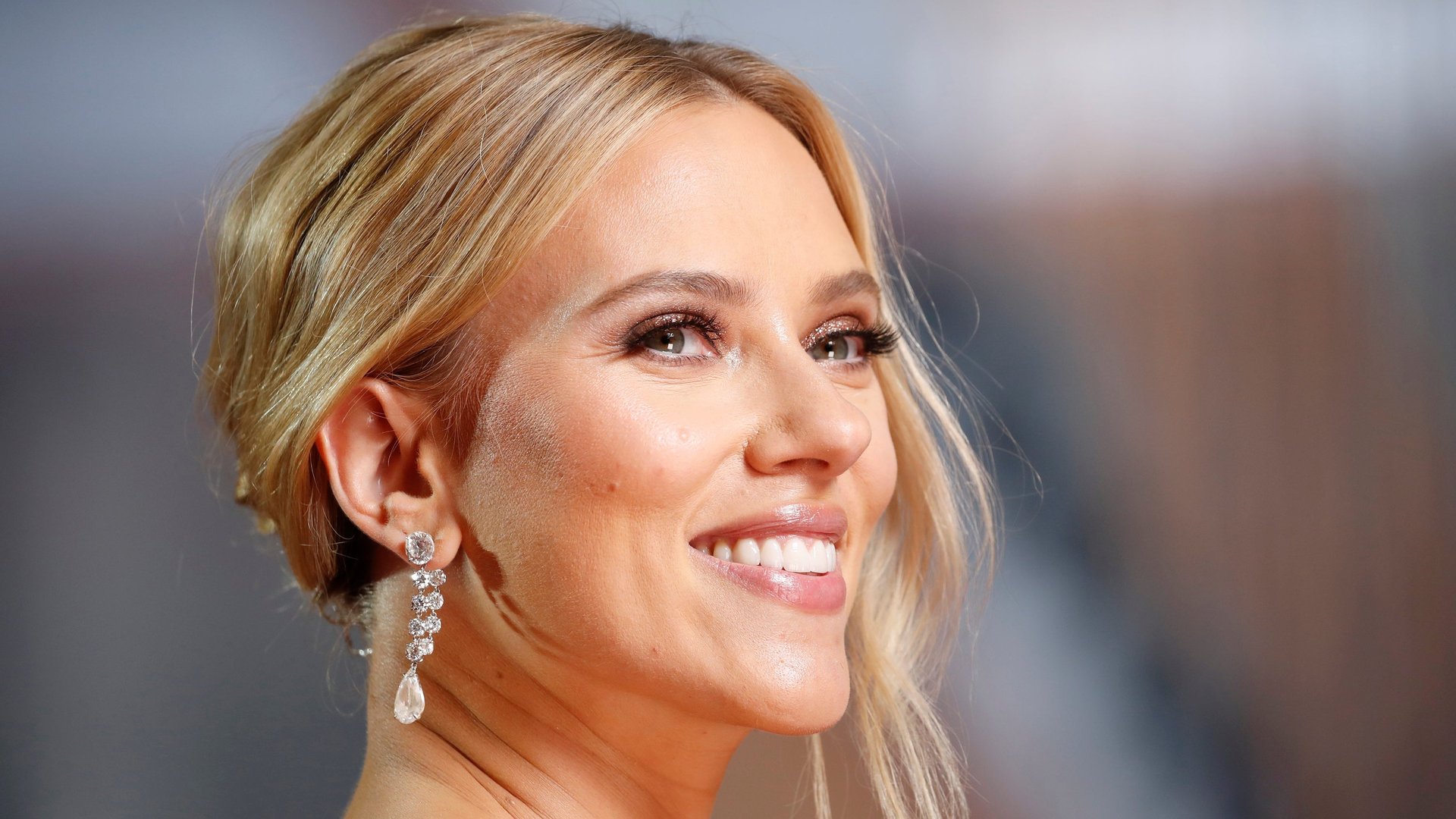In the ScarJo versus Disney PR war, everyone’s a loser
Black Widow star Scarlett Johansson is suing Disney over an alleged breach of contract, having reportedly lost out on about $50 million after Disney chose to release the movie on Disney+ the same day it debuted in theaters. The suit seems likely to end in a settlement, but the bigger story may be the PR war now unfolding between one of Hollywood’s biggest stars and one of its biggest star-makers.


Black Widow star Scarlett Johansson is suing Disney over an alleged breach of contract, having reportedly lost out on about $50 million after Disney chose to release the movie on Disney+ the same day it debuted in theaters. The suit seems likely to end in a settlement, but the bigger story may be the PR war now unfolding between one of Hollywood’s biggest stars and one of its biggest star-makers.
According to Johansson, her agreement with Disney’s Marvel Entertainment stated that Black Widow would play exclusively in theaters for 90-120 days. The lawsuit says that making Black Widow immediately available to rent on Disney+ put a big dent in Johansson’s potential earnings, since her salary was based in part on how the movie did at the box office.
Disney, meanwhile, denies breaching the contract terms and says that the hybrid release was actually good for Johansson’s paycheck. In a statement, the company said that the move “significantly enhanced her ability to earn additional compensation on top of the $20 million she has received to date.” In its opening weekend, Black Widow made $80 million in ticket sales and $60 million in streaming rentals, the first time Disney has offered that kind of breakdown.
It was considered a good initial showing on both fronts, but ticket sales dropped by 67% the following weekend. Disney didn’t release updated streaming figures, suggesting that the joint release strategy may not have played out so well in the longer run.
Justice for ScarJo?
Johansson, who stars in Black Widow, presumably won’t have many more opportunities to make money off the Marvel franchise: Her character was [spoiler!] killed off in the 2019 film Avengers: Endgame. (Black Widow is a prequel.) But it’s also hard to feel too sorry for ScarJo, considering she’s an A-lister who still made $20 million from one movie.
This is a not-infrequent problem when it comes to celebrities battling for their piece of the pie, particularly in industries like entertainment and professional sports, where the amount of money involved can seem staggering. If you’re a person who’s living paycheck to paycheck or struggling with unemployment or student-loan debt, the issue may not be whether Johansson deserves to get shortchanged (no!), but why we accept a system that assigns outsized value to certain professions.
On the other hand, most people agree that pay should be fair within an industry. When Ellen Pompeo spoke in 2018 about negotiating a $20 million contract for Grey’s Anatomy, she pointed out how much money Grey’s had made for Disney. “When your face and your voice have been part of something that’s generated $3 billion for one of the biggest corporations in the world, you start to feel like, ‘OK, maybe I do deserve a piece of this,'” Pompeo told the Hollywood Reporter.
Justice for… Disney?
Scarlet Johansson may be a rich celeb, but no one could argue Disney is underpaid. Is the general public really going to root for the mega-corporation in this dispute?
Disney appears to hope so. In a statement, it called the lawsuit “especially sad and distressing in its callous disregard for the horrific and prolonged global effects of the Covid-19 pandemic.” Basically, Disney seems to be framing the decision to make Black Widow available for $30 online as a public-health stand.
It’s certainly true that some people (including the vaccinated) remain wary of going to movie theaters, particularly in light of the rising number of delta variant cases. But Johansson’s suit says Disney execs were more focused on their careers than public safety. As the Wall Street Journal explains:
The suit also notes that annual bonuses for Disney chairman Robert Iger and chief executive Bob Chapek are tied to the performance of Disney+ and cites that as further motivation for putting Black Widow on the service. Disney disclosed in its 2021 proxy that Iger and Chapek both received bonuses for the success of Disney+. “In short, the message to—and from—Disney’s top management was clear: Increase Disney+ subscribers, never mind your contractual promises, and you will be rewarded,” the suit said.
Redirecting potential moviegoers to Disney+ also increases subscribers and allows the company to hold onto profits rather than splitting them with movie-theater owners, according to the suit.
Why nobody wins
Releasing Black Widow on Disney+ right away was certainly more convenient for people who have grown accustomed to streaming movies at home. It’s likely that a lot more studios will be pursuing this route going forward. If they want to avoid a clash like ScarJo vs. Disney, they’ll follow the lead of Warner Bros., which agreed to give Wonder Woman 1984 star Gal Godot and director Patty Jenkins substantial bonuses when it decided to release the movie on HBO Max.
But despite both sides’ efforts to frame this story as a matter of right and wrong, the Black Widow lawsuit is ultimately just a legal issue about what Johansson’s contract did or didn’t say. Any attempt to turn it into a moral issue won’t have either party come off looking good.